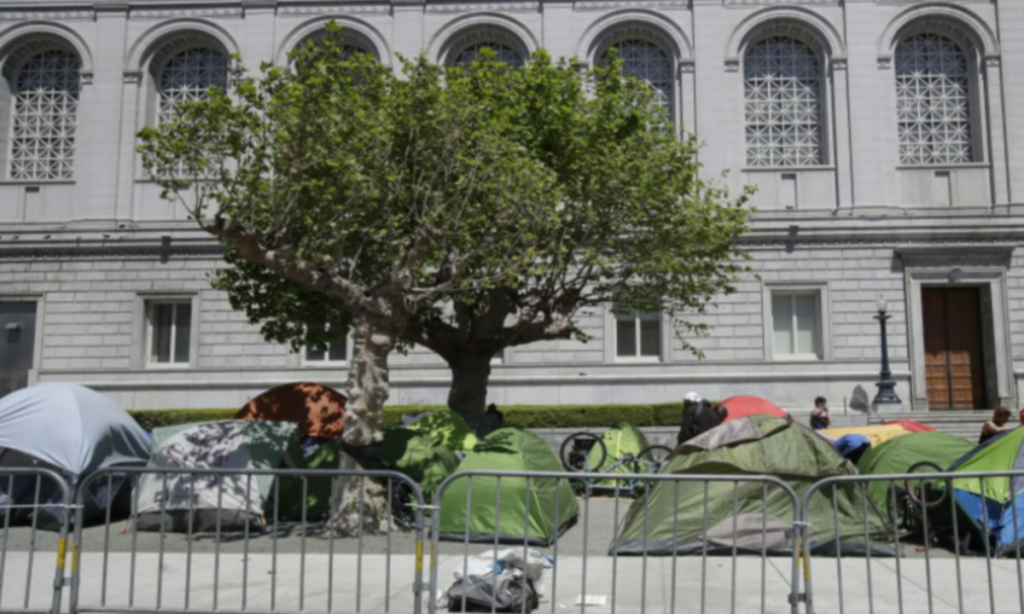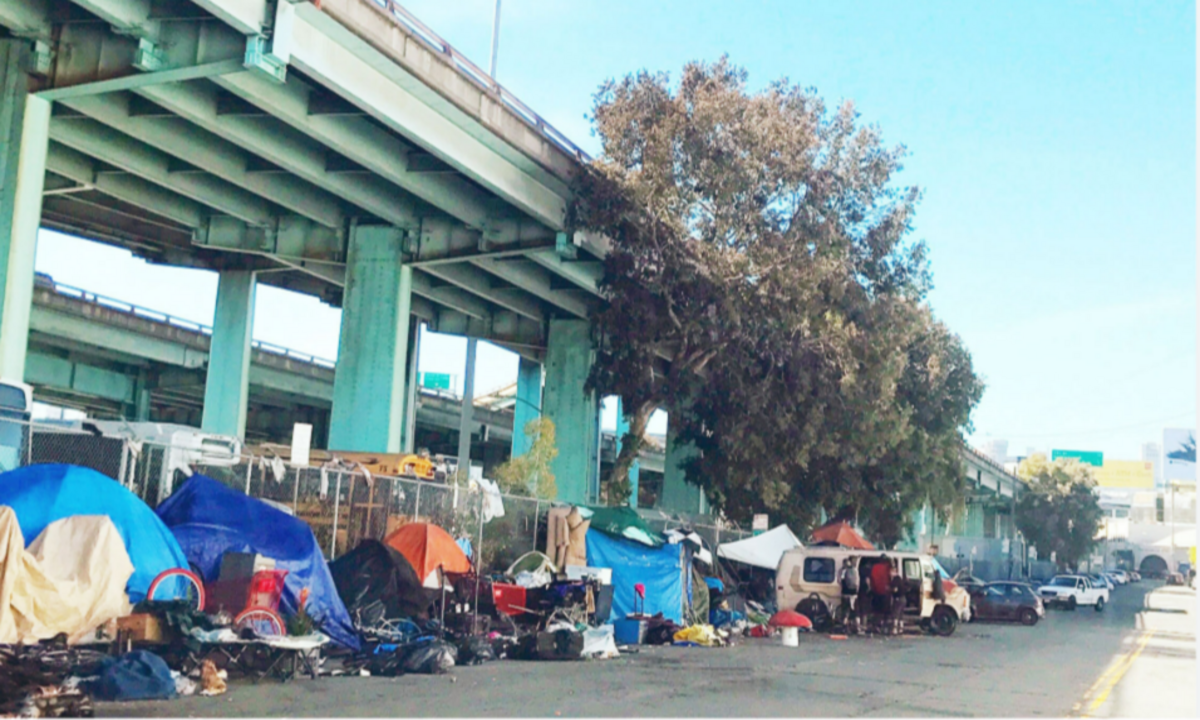San Francisco has launched a comprehensive plan aimed at addressing its ongoing homelessness crisis. The new initiative focuses on expanding shelter capacity, increasing permanent supportive housing, and improving mental health and substance abuse services.
With homelessness continuing to be a major issue in the city, officials believe this bold strategy will help provide long-term solutions for individuals experiencing homelessness. The plan is designed to not only offer immediate relief but also tackle the root causes of homelessness by focusing on affordable housing, mental health support, and job training programs.
Key Components of the Initiative
Expanding Shelter Capacity
One of the main goals of the initiative is to increase the number of available shelter beds. The city plans to add 1,500 new shelter beds by 2025, aiming to provide a safe and temporary place to stay for those currently living on the streets.
Shelters will be upgraded with better facilities, 24/7 support services, and pathways to long-term housing. City officials believe this step will reduce the number of homeless encampments across the city while ensuring that more people have access to emergency housing.
Increasing Permanent Supportive Housing (PSH)
Beyond emergency shelters, the city is investing in permanent supportive housing (PSH), which provides long-term homes with essential support services.
San Francisco has already added 3,081 new units of PSH in recent years, exceeding its initial goal.
The new initiative aims to further expand the city’s affordable housing stock by developing more units for homeless individuals and families.
Officials recognize that stable housing is one of the most effective solutions to homelessness. By ensuring affordable, long-term housing, the city hopes to help individuals rebuild their lives and prevent them from returning to homelessness.
Strengthening Mental Health and Substance Abuse Services
Many people experiencing homelessness also struggle with mental health disorders and substance abuse issues. The initiative focuses on expanding access to healthcare services, including:
More mental health clinics and counseling services
Greater access to addiction treatment programs
Mobile outreach teams to assist people directly on the streets
City officials believe that addressing these underlying challenges is crucial in helping individuals transition out of homelessness successfully.
Challenges and Barriers to Success
Despite its ambitious goals, the initiative faces several challenges:
High Cost of Living: Even with housing assistance, many people still struggle to afford rent in one of the most expensive cities in the U.S.
Limited Affordable Housing Supply: The demand for affordable housing far exceeds the available units, making it difficult for those exiting homelessness to find stable homes.
Ongoing Substance Abuse Crisis: Without adequate treatment resources, many individuals experiencing homelessness fall back into addiction, making long-term recovery harder.
Homelessness advocates stress that while shelters provide temporary relief, they should not become permanent living spaces. The ultimate goal must be to transition people into permanent housing with the necessary support services.
Public Reactions and Community Involvement
The initiative has received mixed reactions from residents and advocacy groups. While many applaud the city’s commitment, others remain skeptical about the long-term impact of the plan.
Community organizations and nonprofit groups are playing a critical role in supporting the initiative by:
Providing job training programs for homeless individuals
Offering legal assistance to help them secure housing
Raising awareness about available resources
The city is also encouraging local businesses and landlords to participate in housing assistance programs, helping to expand the availability of affordable units.
Looking Ahead: Will This Plan Work?
San Francisco’s homelessness crisis has been a long-standing issue, and previous efforts have not fully resolved the problem. However, city officials remain hopeful that this comprehensive strategy will make a lasting impact.
To ensure success, officials plan to track progress using data on shelter usage, housing placements, and mental health service participation. They will also work closely with community organizations and government agencies to make necessary adjustments along the way.
If successful, this initiative could serve as a model for other cities struggling with homelessness. It highlights the importance of long-term solutions rather than short-term fixes, focusing on housing stability, healthcare, and economic opportunities for vulnerable populations.
Disclaimer—Our team has checked this article to ensure its accuracy and eliminate any misinformation. We are committed to providing clear and reliable information for our readers.


